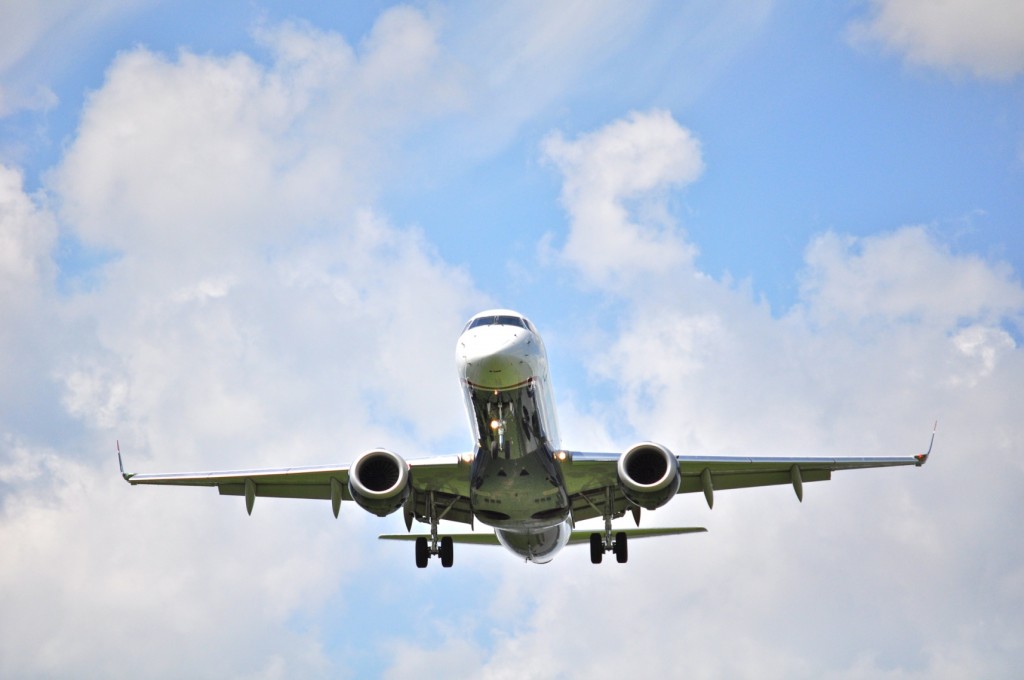Mobile phones have, for a long time, been considered unsafe when turned on aboard an aircraft. Signal can affect the navigation system of the plane, transmissions may mess with the onboard electronics, and, perhaps most annoyingly, the prospect of being trapped in an airborne metal tube with hundreds of other people, all of whom have a phone that continuously beeps and buzzes, would drive anyone mad even on a short haul flight.

With this in mind, passengers on Virgin aeroplanes travelling between London and New York will now be able to make calls, send and receive texts and emails, and even access the internet – all at 35,000 feet.
The new A330 Airbus is the first of its kind, although the commercial airline’s Boeing 747 fleet are also being modernised to allow mobile phone usage at a rumoured cost of £50 million. An on-board telecommunications base system, known as a piccell, will be able to pick up mobile phone signals, transfer data to a satellite and allow passengers to make calls to commercial properties worldwide – basically acting as a miniature on-board mobile phone mast.
This may prove to be exceptionally useful for those who are required to travel by air for their job, but must still regularly check in at their commercial property. In the current era of almost constant connectivity, whether it be by mobile phone, laptop or landline, many business people are irked by the fact that they are forced to turn off their only link with the office before leaving the commercial property airport to board their flight.
However, anti-noise campaigners have claimed the idea is “crazy”, and will ruin the quality of travel for passengers not wishing to take advantage of this service.
Val Weedon, of Noisedirect, said; “Noise is noise and the impact is no different in any situation. Noise is a trigger for stress.
“The heart rate increases and it can cause all sorts of health problems. There have been lots of studies finding links between noise and stress.
“In such a confined space as an aircraft it could be very annoying – while we are not totally against it in principle, during certain parts of the trip, such as overnight when people want to rest, it should definitely not be allowed.”
Val also pointed out the number of complaints the anti-noise action group receive at their commercial property daily about excessive noise or disturbance from mobile phone users on coaches or trains.
Mobile phones will not be allowed to be used during take-off and landing, as this could pose a danger to others on board the flight. Also, due to security laws in America, the piccell must be turned off from around 250 miles from US airspace.
Anyone on board the aeroplane may use the service – but be warned, making that all important call to your office in London from above the Atlantic Ocean may cost a little more than you bargained for. Calls will be charged at around £1 per minute, while it will cost 20 pence to send a single text message.
Chief Operating Officer at Virgin Atlantic, Steve Griffiths, believes the service will appeal to a range of passengers, whether they wish to call a member of staff at their commercial property, or simply their Mum at home.
He says; “Many people will have experienced that moment when you’re about to take off on a 10-hour flight and you need to send an important message to the office, or even remind a family member to feed the cat!
“It’s also quite fun to call home and say ‘Guess where I am’ – not many people would think you’re travelling at 35,000 feet above the Atlantic Ocean.”
Would you choose to use this service on your next flight? Or, like Noisedirect, do you simply think a cabin full of people talking and texting would make you become stressed, and that it’s good to completely cut yourself off from the office once in a while?
Previous Post
Case Study: Specsavers Helping More People to See